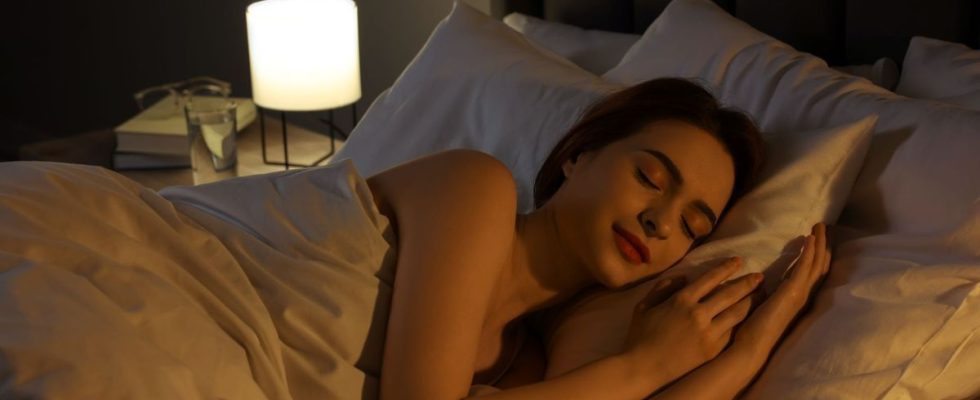Published on
Updated
Reading 2 min.
A fear commonly found in children can actually persist into adulthood. In any case, this is what emerges from a survey, carried out on the occasion of the release of the animated film The Night of Orion, on Netflix.
Fear is a normal emotion, no one can be blamed for feeling it. Phobias are also numerous, both among adults and children. Sometimes, they even come from a fear, established in childhood, which will persist into adulthood. And for fear of the dark, that’s what seems to be happening!
Half of adults are afraid of the dark
Being afraid in the dark is a phobia associated with childhood and called nyctophobia. However, it seems that adults are much more concerned than we think. Indeed, in a survey of more than 2,000 adults, commissioned by Netflix on the occasion of the release of the animated film, Orion’s Night, half of the adult respondents admitted to being afraid in the dark. The survey was carried out because the animated film evokes a little boy who is terrified when he finds himself in the dark.
A quarter of people who are afraid of the dark sleep with light
To counter this fear of sleeping in the dark, these adults partly use night lights. In fact, a quarter of people who said they were afraid in the dark therefore used a light at night. Funnier: a fifth even explains running to go upstairs, when they are in the dark.
Why are we afraid of the dark?
Quoted by the Daily Mail, psychologist Jo Hemmings explains that being afraid of the dark is a fear that persists since childhood. “Fear of the dark is common during childhood because it is a primitive behavioral instinct that arouses fear and anxiety when there are no reassuring images or soothing sounds to make sense of the world. This generally decreases with age, as children understand that even though it is dark, they are not actually alone and that the adults who care for them have not disappeared“.
But this does not seem to be the case for all children, who become adults and retain this fear. “Adults may associate darkness with the inability to have control: if we cannot see, we may fear that bad things will happen to us during the night that we are not prepared for, and our fear becomes a mechanism of defense, where our brain during the period of wakefulness and in a state of alert and our imagination can run wild” she concludes.
